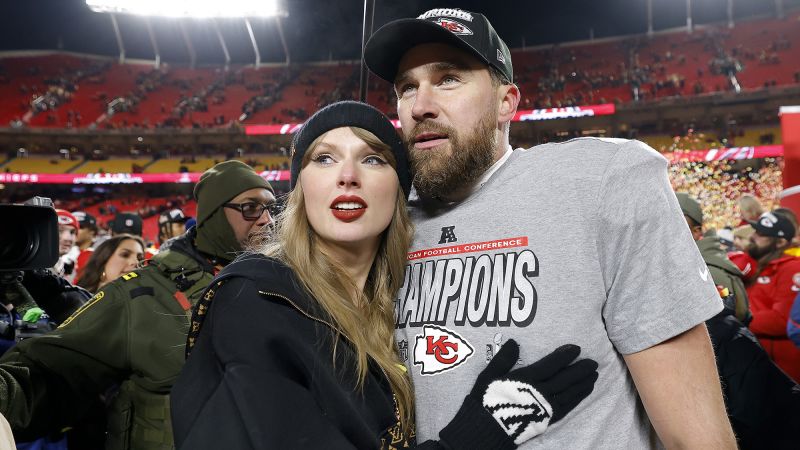London
—
Cambridge Dictionary has named its word of the year for 2025, alighting on “parasocial,” used to describe a connection that people feel with someone they don’t know – or even with an artificial intelligence.
The term was coined in 1956 by sociologists Donald Horton and Richard Wohl, who wanted to describe how television viewers formed “para-social” relationships with TV personalities, the dictionary said in a statement Tuesday.
This phenomenon continues today, as social media users form parasocial relationships with celebrities, influencers and online personalities with whom they have no personal connection.
A key example cited by Cambridge Dictionary is singer Taylor Swift, who announced her engagement to NFL star Travis Kelce this year, with many fans talking of their heartfelt feelings toward a couple that the vast majority had never met.
Another is British singer Lily Allen, whose latest album “West End Girl” tells the story of a breakup and sparked a “parasocial interest in her love life,” according to the statement.
And use of the term has surged this year, particularly as concerns over the connections that some people have started to develop with AI chatbots such as ChatGPT have come to the fore.
Colin McIntosh, a lexicographer at the Cambridge Dictionary, said the word “captures the 2025 zeitgeist” and demonstrates how language changes.
“What was once a specialist academic term has become mainstream,” he said in the statement.
“Millions of people are engaged in parasocial relationships; many more are simply intrigued by their rise,” McIntosh added.
“The language around parasocial phenomena is evolving fast, as technology, society and culture shift and mutate: from celebrities to chatbots, parasocial trends are fascinating for those who are interested in the development of language,” he said.
Simone Schnall, Professor of Experimental Social Psychology at the University of Cambridge, said in the statement that the word “is an inspired choice.”
“The rise of parasocial relationships has redefined fandom, celebrity and, with AI, how ordinary people interact online,” she said.
“We’ve entered an age where many people form unhealthy and intense parasocial relationships with influencers,” Schnall added.
“This leads to a sense that people ‘know’ those they form parasocial bonds with, can trust them and even to extreme forms of loyalty. Yet it’s completely one sided.”
Cambridge Dictionary also highlighted a number of other words that it said have had a “significant impact” this year.
Among their number is “slop,” defined as “content on the internet that is of very low quality, especially when it is created by artificial intelligence,” as well as “memeify,” or “to turn an event, image, person, etc. into a meme.”
And the dictionary added 6,000 new words this year, with notable newbies including “delulu,” “skibidi” and “tradwife.”
